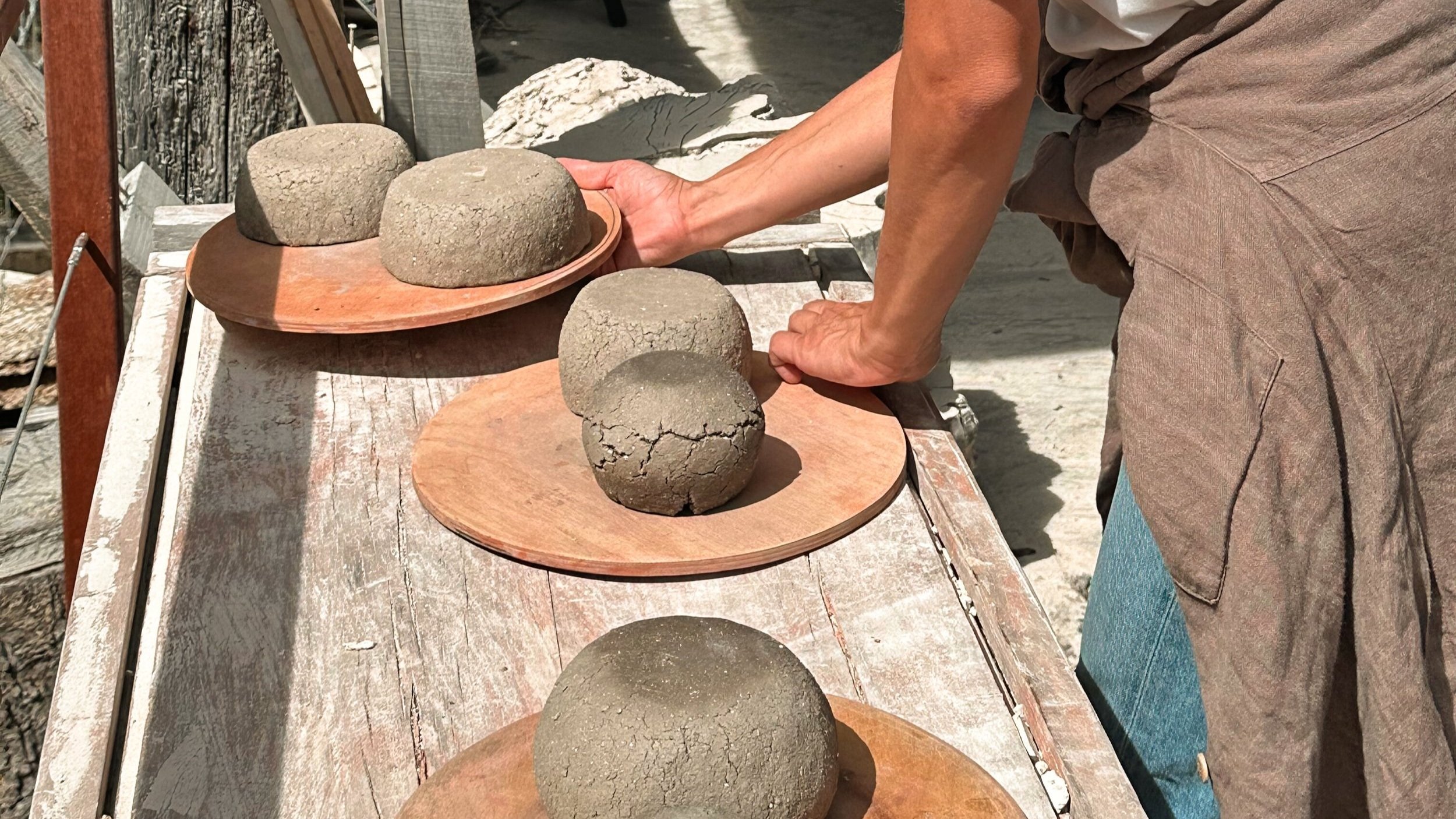A Beginner's Guide to Ceramics: Essential Tips for Getting Started
Ceramics, the art of working with clay to create beautiful and functional pieces, is a time-honored craft that has captured the hearts of many artists throughout history. If you're a beginner ceramist just starting on your journey in the world of pottery and clay, you're in for an exciting and rewarding experience. However, like any new craft, there are essential things you should know before diving in.
Start with the Basics
Before you start creating intricate pottery pieces, it's essential to get comfortable with the fundamental techniques. Begin with pinch pots, coiling, and slab building to understand the characteristics of clay. As you gain confidence and skill, you can progress to more complex methods like wheel throwing. Mastering the basics is the foundation of your ceramics journey.
Choose the Right Clay
Clay is the heart of ceramics. There are various types of clay, each with its unique properties. Beginners often start with stoneware or earthenware clay, which is more forgiving and easier to work with. Experiment and find the clay that suits your style and intended creations.
Invest in Quality Tools
Having the right tools can make a difference in your ceramic projects. Some essential tools for beginners include clay sculpting tools, a wooden or metal rib, a sponge, and a kiln. Quality tools will enhance your work and improve your overall experience.
Understand the Stages of Clay
Clay goes through various stages, from wet and pliable to dry and fragile. Understanding these stages is crucial to your success as a ceramist. You need to know when to work the clay, how to prevent cracks, and when to fire your creations. Practice patience, as rushing through these stages can lead to disappointment.
Embrace Mistakes
Mistakes are an inevitable part of any artistic endeavor, and ceramics is no exception. Don't be discouraged by cracked pieces or less-than-perfect glazing. Embrace your mistakes as opportunities to learn and improve your skills. With time and practice, your work will become more refined.
Learn About Glazing
Glazing is the final step in the ceramics process, and it can dramatically affect the appearance and functionality of your creations. Experiment with different glazes and firing temperatures to achieve the desired results. Understanding the science and art of glazing is a lifelong journey for ceramists.
Seek Guidance and Education
Consider taking ceramics classes or workshops to learn from experienced instructors. Joining a ceramics studio or community can provide you with valuable guidance and a sense of camaraderie. Learning from others can significantly accelerate your progress.
Be Patient and Persistent
Ceramics is a craft that rewards patience and persistence. Keep going even if your initial attempts meet your expectations. Keep practicing, learning, and experimenting, and over time, you'll see your skills and creations evolve and improve.
Embarking on your ceramics journey as a beginner ceramist is an exciting and fulfilling endeavor. By understanding the basics, embracing the learning process, and consistently working on your craft, you can develop into a skilled and passionate ceramist. Remember that ceramics is not just about creating beautiful objects; it's also about finding joy in the creative process itself. So, get your hands in the clay, be patient, and enjoy the beautiful ceramics journey.
Would you like to know more about this craft?
Join us in our Ceramics for Beginners Course with Renato Costa e Silva & Kirstin Thomas at Cerdeira - Home for Creativity.

